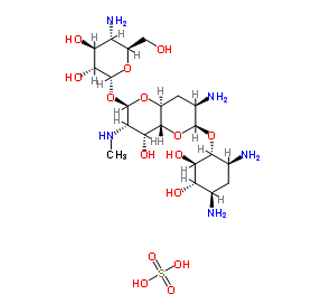
Search

Search

Enzymes are crucial for numerous biological processes, acting as catalysts that speed up chemical reactions in living organisms. Among these, the diastase enzyme plays a vital role, particularly in the digestion of starches. This article delves into the nature, functions, and varied applications of diastase, providing a comprehensive view of its significance in both biological and industrial contexts.
Diastase, a form of amylase enzyme, is pivotal in converting starch into sugars like maltose, a process essential for plant germination and human digestion. Its discovery dates back to the early 19th century, marking a significant milestone in enzymology. Two primary forms, alpha and beta amylase, collaborate in starch breakdown, each targeting different starch linkages.
In plants, diastase catalyzes the conversion of stored starch into sugar during germination, fueling growth. In humans and animals, it aids in starch digestion, ensuring the efficient absorption of nutrients. Diastase enzymes are not only pivotal in digestive processes but also play a role in overall metabolic activities, underscoring their biological importance.
In the culinary world, diastase is a key ingredient in baking and brewing, enhancing flavors and improving textures. It is used to break down starches in flour, aiding in fermentation and bread rising. In brewing, diastase enzymes facilitate the conversion of grains into fermentable sugars, essential for alcohol production.
Beyond food, diastase finds applications in textile and paper manufacturing. In textiles, it helps in desizing fabrics, removing starch coatings to prepare for further processing. The paper industry utilizes diastase for softening and aging effects, improving paper quality and usability.
Diastase supplements are prevalent in healthcare, aiding in digestive disorders and enhancing nutrient absorption. They are also incorporated into oral care products, targeting starch residues to prevent dental issues. The therapeutic potential of diastase continues to be explored, with ongoing research into its broader medical applications.
Industrial production of diastase typically involves microbial fermentation, leveraging fungi or bacteria to yield high enzyme concentrations suitable for various applications.
Diastase supplements can enhance digestive health, alleviate symptoms of starch intolerance, and support overall gastrointestinal function.
While not a direct weight loss aid, diastase can improve digestive efficiency, potentially supporting weight management efforts in conjunction with a healthy diet and exercise.
Generally considered safe, diastase products may cause mild gastrointestinal discomfort in some individuals. Consultation with a healthcare provider is recommended before starting any new supplement regimen.

Quick Links
Add:
E-mail:
 English
English  Español
Español  français
français  العربية
العربية 


